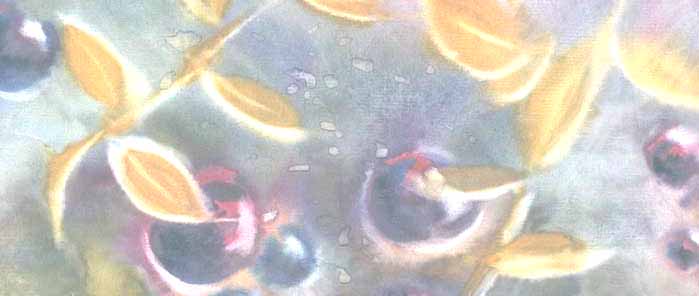Curriculum
In Huckleberry Forest preschool of the arts and science we provide education rich in learning opportunities, language experiences, art and basic science which all occur naturally thru experiences and exploration without direct instruction and with use of simple everyday materials (such as cardboard boxes, big blocks, wooden shapes, etc.) and minimum actual toys. Therefore our curriculum is based on every day activities thru creative play and tools of the mind technique engaging children mentally, actively and emotionally.
While using positive reinforcement techniques Huckleberry Forest Preschool offers variety of classes every day. Imaginative travel which introduces different region of the world followed by science of the week, language of that region, letter and number of the week. In addition we offer science and engineering little labs were preschoolers can get in touch with real world science including biology, chemistry, astronomy, math, but while still at play. Since our daily activities involve a minimum of toy use preschoolers will be inventing cars, planes, trains, bridges, etc. during their engineering lab time, and learn how they work and why they are needed. Our art classes include theatre, dance, music, painting, sculpturing, dramatic story telling and performances once a month in theatre or dance class. We teach Spanish, French and Sign language. In order to engage children actively and intellectually our recess time will include gym activities and body movement exercises.
Here at Huckleberry Forest Preschool of the Arts & Science the environment plays a big role in education. Therefore our everyday cooking classes will bring educational conversations about how and why we compost, recycle and keep the environment clean. For example, while in cooking class children will develop a stronger connection with the real world and the foods they eat. By cooking and preparing food they will actually learn that food is the result of someone’s work and that bread comes from stalks of wheat and then from flour. Our every day outside time will include gardening and growing plants and flowers. This will give a chance to the preschoolers to learn where the food really comes from and why the plants grow.
The most important fact is that we create a loving and safe environment were children get sufficient social interaction, and positive nurturing attention which complements their development.
We uniquely care for each child in order to support their family values rather than be a substitute for them. Our goal is to teach children to celebrate all forms of diversity and respect the differences. We will do our best to support children in their cultural and dietary needs according to the parents instructions and encourage children to feel unique and special because of it. We will try to encourage children to feel "worldly" by celebrating common things among people and cultures rather then pointing to divisive differences, which we also respect but we will let other specialized institutions teach those according to your special needs.
Our SPICE of child’s development
----------------------------------------------------------------------------------------------------------
Social Development:
Our activities include creative play with play objects that are designed to be of a multiple use to children, for example, big cushy blocks which could be used as a house, a bridge, a boat. Children who play with the same object in a number of different ways with other peers develop flexible thinking. Learning to share, to cooperate, and to agree, they learn to be part of a social group. We encourage children to play in cooperation and together since social development is essential for the formation of positive human relationships and important life lesson.
Physical Development:
Our curriculum is rich in activities such as dance, theatre, gym, painting, crafts, cooking, tactile, which all support development of fine and gross motor skills.
Intellectual Development:
Creating a curriculum rich in creative play and exploration we are not only helping to develop a child’s attention span, but we are also raising their imagination and divergent thinking, giving them the ability to consider situations and solve problems in a variety of different ways.
When children improvise using props, learn to rely on themselves for playtime, and invent games and stories, they are developing cognitive skills.
Creative Development:
Music, dance, theatre, making up stories, painting, drawing are all a part of our weekly schedule which develop special abilities to create talents. These are all activities shown, in this age group, to create new neural pathways which the brain will use throughout it’s life for a multitude of purposes: the pathways the body creates for music will be used for math skills; coloring and painting increase motor skills associated with writing; creative story-telling helps with presentations and public speaking, and the list goes on and on. This is a ‘magic’ time for the quick creation of these pathways, since the brain starts phasing out many of these quick creation shortcuts between 3 and 6 years of age.
Emotional:
Learning every day thru creative play, imagination, and communication, we help children build self-esteem and critical cognitive skills, including an important one called executive function. Children get the ability to regulate their own behavior which is recognized as a key skill to control emotions, exerting self control and discipline. In order to improve executive functions we create games which require children to stop and think.

